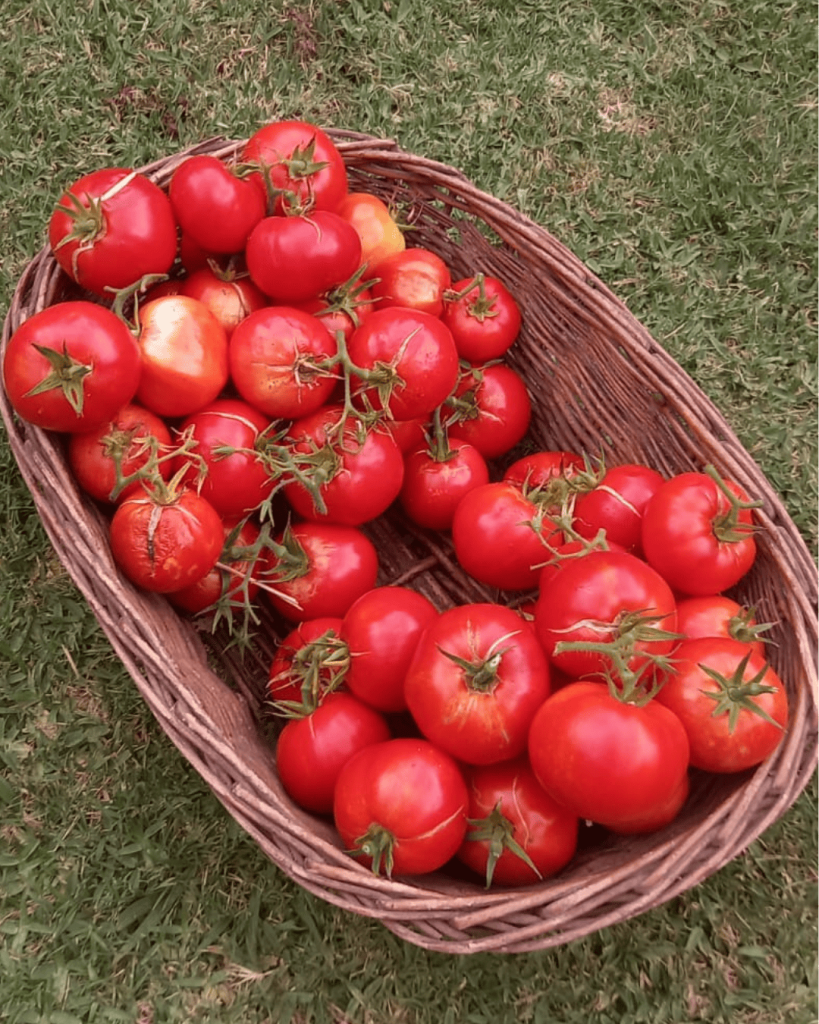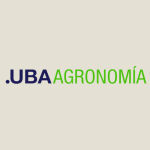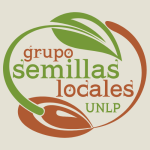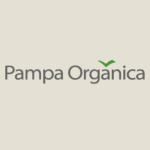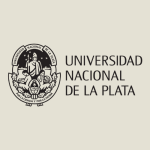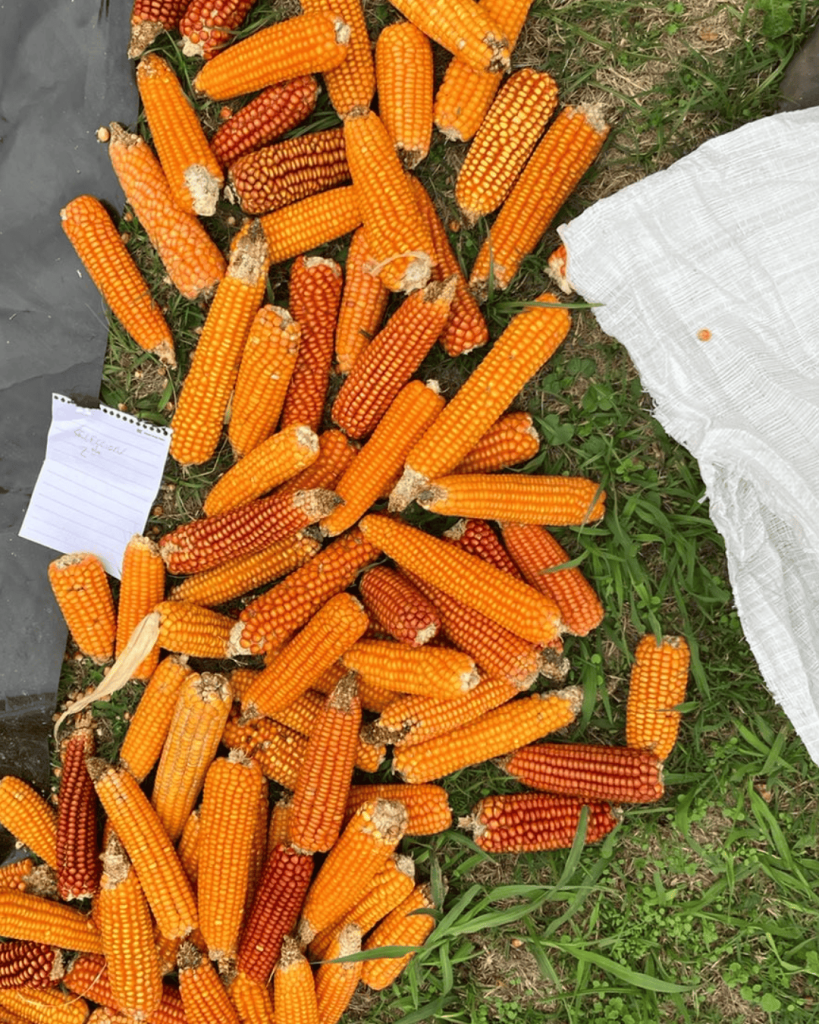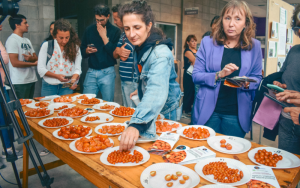
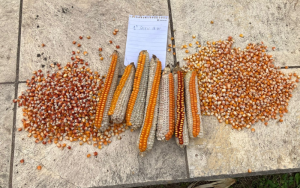
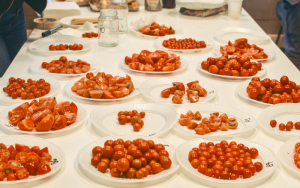
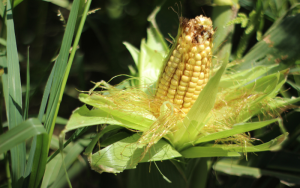
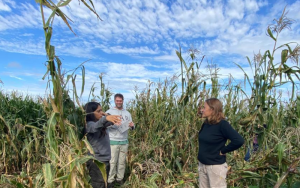
Participatory breeding is a way of co-creating knowledge and seeds among farmers, researchers, and technicians. At Bioleft, we believe that seeds are a common good and that their development should be open, diverse, and collaborative.
Through this practice, we combine local and scientific knowledge to select and create varieties adapted to different territories, which respond to the real needs of those who grow them and promote fairer and more resilient agri-food systems.
Since 2018, we have been promoting annual participatory improvement campaigns in different regions of Argentina, using open methodologies and digital tools that allow all participants to share information, results, and lessons learned.
Tomato
We work with local varieties and experimental lines, adapted to family farming and agroecology. These seeds are open and collectively improved with farmers and peri-urban gardeners from different regions of the country.
Since 2018, in collaboration with the “Rescuing the Creole Tomato” program led by the genetics department of the Faculty of Agronomy at the University of Buenos Aires, lines have been selected for flavor, health, yield, and local adaptation. The results are shared openly to guide future selections.
Contributors:
-

- Yael Tachdjian – Bioleft
-

- Julia y Paula – Minka
-

- Chacra agroecológica “El Origen”
-

- Patricio Devoto – Huertero
Partner organizations
Maize
We work with local populations and open-pollinated experimental materials. Our approach seeks to strengthen the genetic sovereignty of communities by improving characteristics such as adaptation to water stress, yield stability, and health.
The experiments began in 2019 in Córdoba and Buenos Aires. Through local farmer networks, trials were co-designed and varieties adapted to diverse contexts were selected.
Contributors:
-
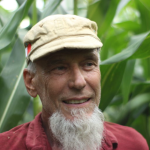
- Enrico Cresta
-
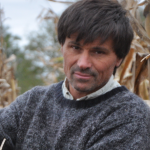
- Claudio Demo
-
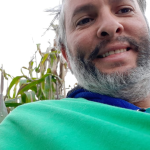
- Milton Vélez
Partner organizations
